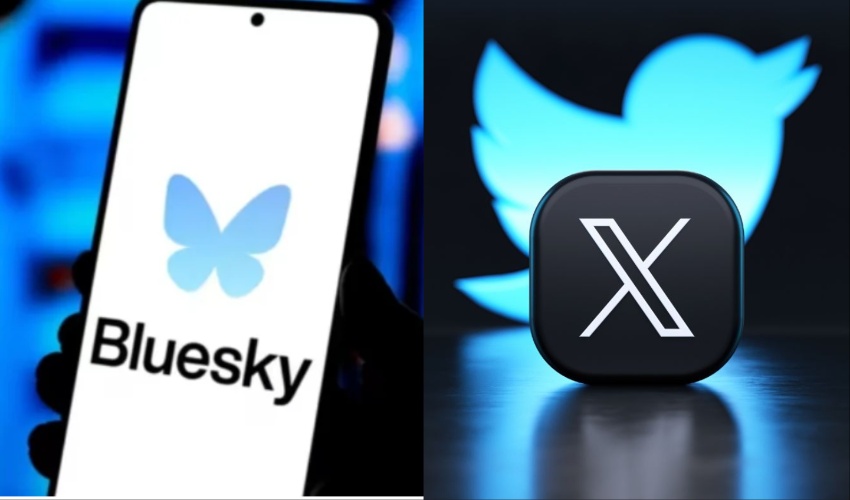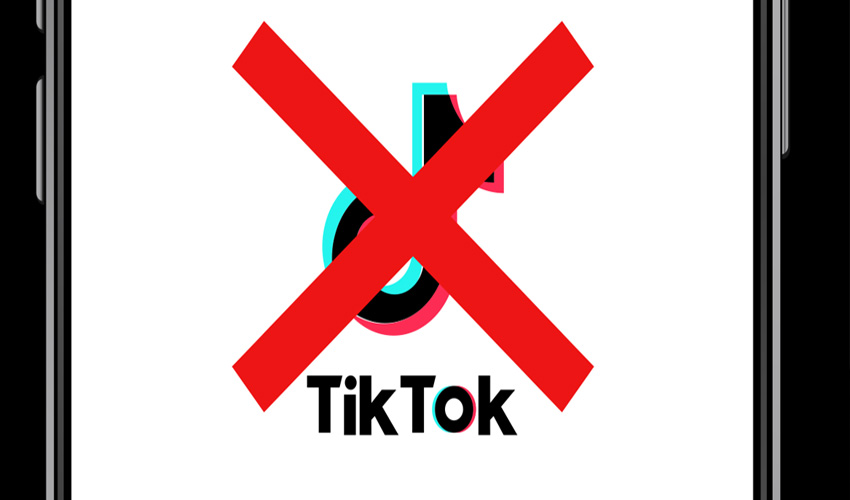Bluesky's user base saw a sharp increase since the U.S. presidential election, with a notable surge in people seeking refuge from Elon Musk’s X, which they viewed as increasingly politically biased, or searching for an alternative to Meta’s Threads.
The platform’s user count more than doubled since October, surpassing 25 million users, as reported by research firm Similarweb. This rise in popularity was further boosted by the temporary ban of X in Brazil.
Bluesky, which emerged from the company then known as Twitter, originally aimed to replace Twitter’s social network mechanics with a decentralized approach. While it is now clear that the two companies have parted ways, Bluesky's impressive growth trajectory positions it as a serious competitor to other social media platforms.
However, this growth has come with challenges. The surge in users has also attracted bots, many of which were designed to foster partisan division or lead users to misleading websites. Laura Edelson, assistant professor of computer science at Northeastern University, stated, “They got this spike in attention, they’ve crossed the threshold where it is now worth it for people to flood the platform with spam.”
Bluesky had initially been invitation-only but opened to the public in February, allowing time to develop moderation tools. Despite its small team, the platform introduced features such as "starter packs" to help curate user experiences, a feature later replicated by Meta.
Bluesky’s alternative approach to social media, which prioritizes user control over their experiences, has attracted a user base disillusioned by the major corporations behind platforms like X and Meta. However, experts such as Claire Wardle from Cornell University noted that the platform's rapid growth has led to a rise in bots that manipulate user discussions, stating, “When you get lots of people in a place and there are eyeballs, it means that it’s in other people’s interests to use bots.”
As the platform expands, there have been reports of large numbers of AI bots following users and posting divisive comments. Lion Cassens, a Bluesky user in the Netherlands, stumbled upon a network of German-language accounts posting automated replies. He expressed concern over the potential long-term impact of these bots, highlighting the challenge of staying ahead of such technology.
Additionally, Bluesky has faced issues with impersonation, with many fake accounts being created. Alexios Mantzarlis, director of the Security, Trust, and Safety Initiative at Cornell Tech, revealed that nearly half of the top 100 most followed accounts had duplicate accounts posing as them. Bluesky has since taken action, removing many of these accounts.
In response to the increasing pressure, Bluesky quadrupled its moderation team and introduced a new system to detect impersonation. The company also implemented third-party "Labelers" to help tag misleading content.
Despite these efforts, Bluesky faces further challenges. As a text-based platform, it struggles to attract younger users who are more drawn to visual platforms like TikTok and Instagram. Furthermore, political polarization could limit Bluesky’s ability to grow on the scale of major platforms.
Edward Perez, a board member at the OSET Institute, commented, "Bluesky is at a crossroads," urging the platform to prioritize addressing threats if it hopes to sustain its rapid growth.
Bluesky's future will depend not only on overcoming the challenges of disinformation and bots but also on its ability to adapt to shifting trends in social media use.


























